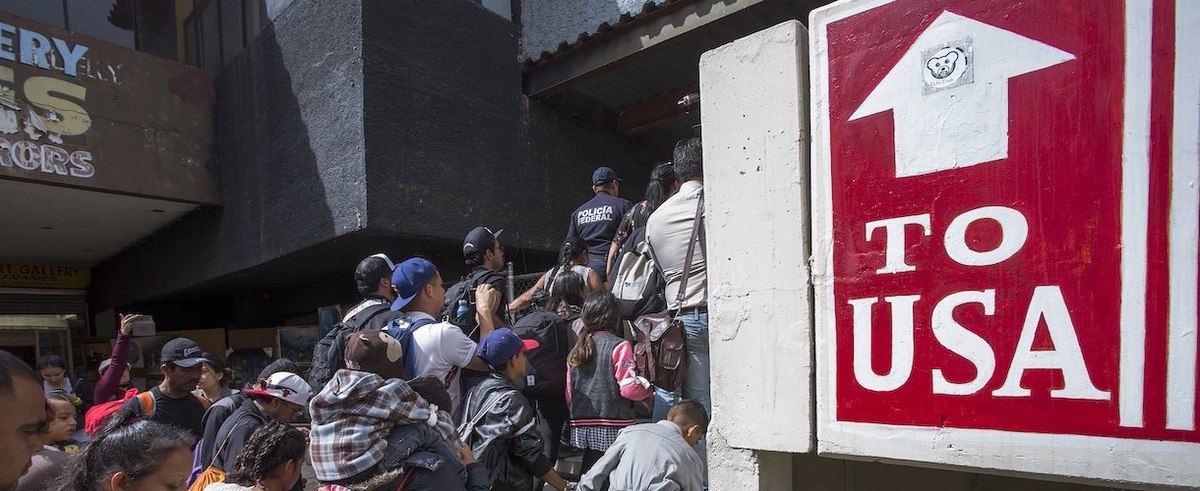Major ongoing stories in American politics include a power struggle between the federal government and Texas over the U.S.-Mexico border, a foreign aid bill in Congress that has been tied to immigration policy, and the House of Representatives' attempt to impeach Homeland Security Secretary Alejandro Mayorkas over border-related issues. All reflect the increasing centrality of immigration as an issue in American politics — and especially for Republicans.
The two most recent Economist/YouGov polls show an average of 12% of Americans name immigration as their most important issue. That's second only to the 19% who name inflation and prices. But among Republicans, 23% name immigration as their top issue. That's similar to the 22% naming inflation — but since September, inflation has fallen from being the top issue for 35% of Republicans while immigration has risen from 16%.
Just 3% of Democrats say immigration is their top issue, while 13% name inflation.
When Americans do think about immigration, they're often thinking about it in very different ways. 31% of Americans say immigration generally makes the U.S. better off, while 37% say it makes the U.S. worse off. Another 18% say it doesn't make much difference, and 14% aren't sure.
Among Americans who say immigration generally makes the U.S. better off, only 4% name it as their most important issue. That figure is 27% for Americans who think immigration generally makes the U.S. worse off.
Democrats, college graduates, and young Americans are more likely to think of immigration in a generally positive way, while Republicans, non-college graduates, and older Americans are more likely to think of immigration negatively.
These views about immigration are in turn associated with how Americans view the current dispute between Texas Gov. Greg Abbott and the federal government over control of the U.S.-Mexico border.
Americans overall are divided about the standoff, with 43% saying the federal government should be able to remove razor wire Texas put on the border, and 43% disagreeing. But among those who are pro-immigration, 76% back the federal government and only 16% disagree. Among those who are anti-immigration, 15% support the federal government and 78% disagree.
Those who say immigration doesn't have much of an effect are more likely to support the federal government (55%) than oppose it (29%).
— Carl Bialik contributed to this article
See the toplines and crosstabs from the Economist/YouGov poll conducted on January 28 - 30, 2024 among 1,686 U.S. adult citizens.
Methodology: Respondents were selected from YouGov’s opt-in panel using sample matching. A random sample (stratified by gender, age, race, education, geographic region, and voter registration) was selected from the 2019 American Community Survey. The sample was weighted according to gender, age, race, education, 2020 election turnout and presidential vote, baseline party identification, and current voter registration status. Demographic weighting targets come from the 2019 American Community Survey. Baseline party identification is the respondent’s most recent answer given prior to November 1, 2022, and is weighted to the estimated distribution at that time (33% Democratic, 31% Republican). The margin of error for the overall sample is approximately 3%.
Image: Getty (David McNew)







